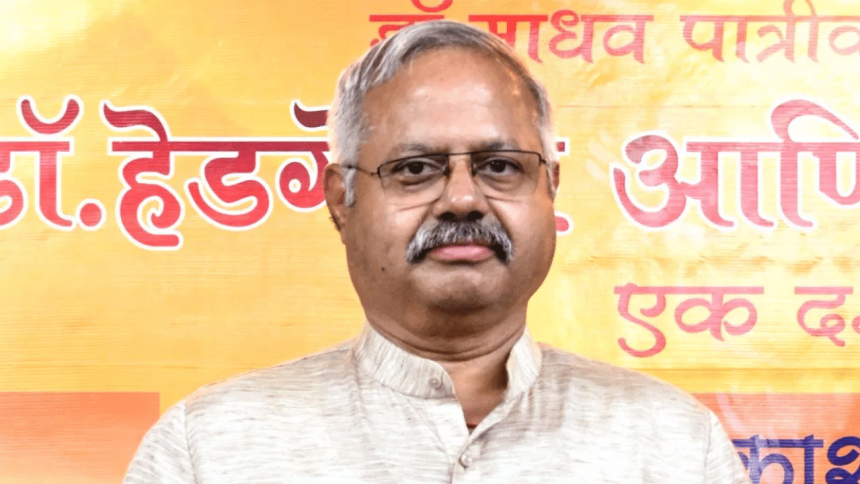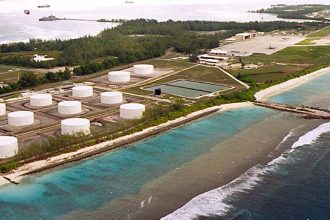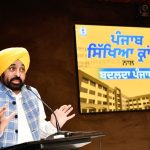
New Delhi: Rashtriya Swayamsevak Sangh (RSS) spokesperson Sunil Ambekar on Wednesday spoke about the days of Emergency imposed in 1975 by then Prime Minister Indira Gandhi.
Recalling that time, he said he was a child when Emergency was announced, and at first, he didn’t understand what it meant. “We thought it was something that stopped us from playing,” he said.
Ambekar shared that during Emergency, many schools were shut and RSS branches were affected. As he grew older, he came to understand the serious impact of that period.
He said that RSS workers were jailed and tortured just for working for society, religion, and Indian traditions, and they did so in a completely democratic way.
Describing the harsh treatment, he said, “Some workers were hung upside down, others were badly beaten. Their only fault was their commitment to serving the nation.”
He remembered how on the day Emergency was lifted, thousands of people gathered at the RSS office in Nagpur. “People were relieved. It felt like democracy had returned,” he said.
Ambekar further said that the government at that time was insecure and acted like a dictatorship. He compared it to how dictators in other countries try to suppress voices of dissent. “In many parts of the world, dictatorship lasted for decades. But in India, the spirit of freedom was strong, and people resisted,” he said.
During the Emergency, the then RSS chief Balasaheb Deoras was arrested from Nagpur station. Out of 1,300 RSS pracharaks (preachers), 180 were arrested, while others had to hide or live in disguise to avoid arrest. “What happened during those days was nothing less than a freedom struggle,” Ambekar said.










